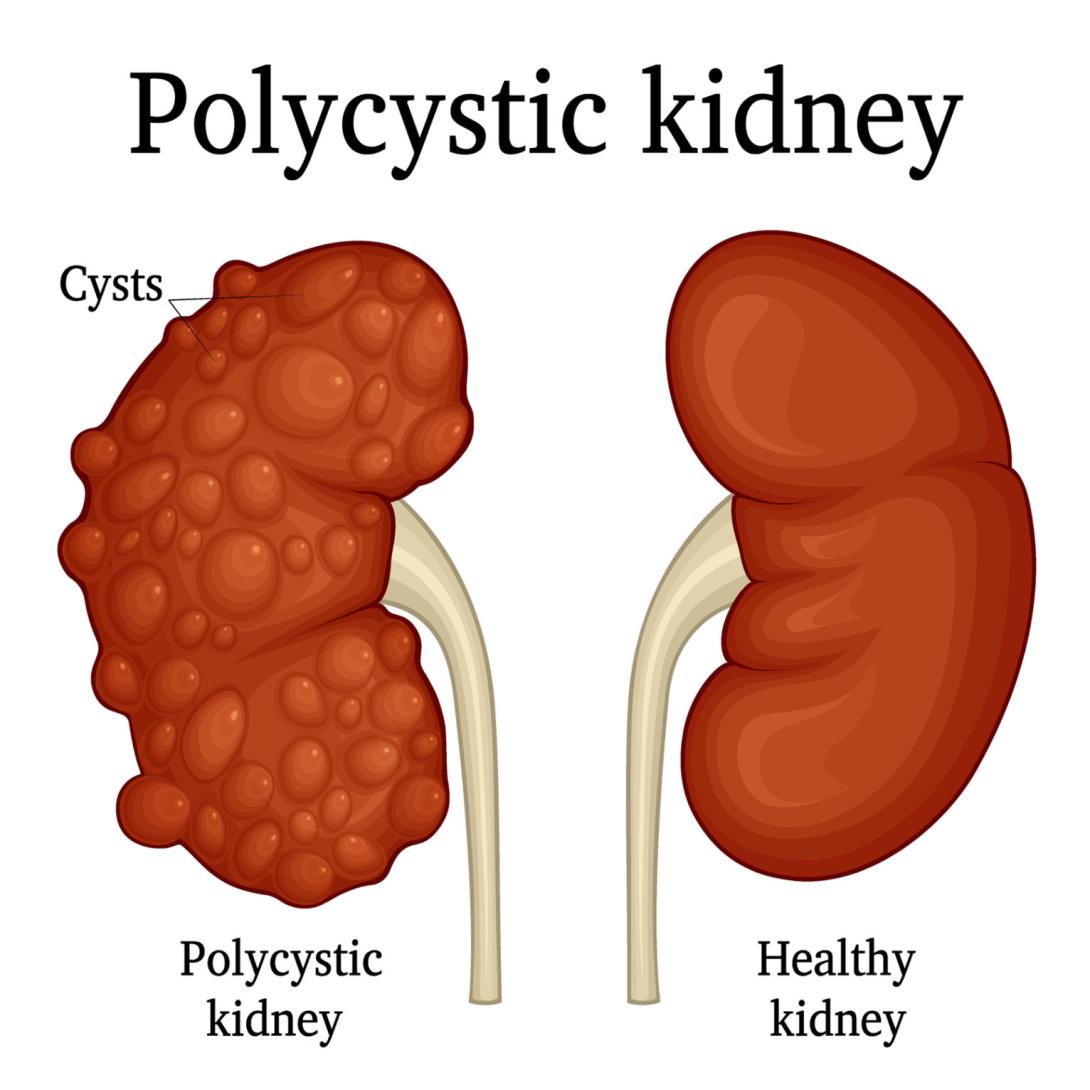Science cluster

Summary
Prediction of clinically relevant outcomes is a key asset in chronic non-communicable diseases to guide both patient counselling and targeted therapeutic strategies, and can be a catalyst to demonstrate the impact of Open Science practices when appropriately deployed.
The ARTICYST project seeks to enhance the prediction of clinically relevant outcomes in autosomal dominant polycystic kidney disease (ADPKD), the most common genetic kidney disease with more than 7 million people affected globally. Prediction of future kidney function loss at a young age is crucial to support patients in major life decisions. By leveraging Open Science practices, the project aims to develop a comprehensive infrastructure for data integration and predictive modelling, supporting patient decision-making and improving therapeutic strategies. The collaboration between two clinical partners and the integration of new data types will drive advancements in understanding and managing this prevalent condition.
Challenge
Open Science project
ADPKD patients face uncertainty regarding their future kidney function, impacting critical life decisions and treatment plans. Current prediction tools lack precision and do not allow for integration of different data types. This knowledge is crucial to guide therapeutic decision-making processes considering that the only available targeted therapy – the vasopressin-V2-receptor antagonist tolvaptan – comes with considerable side effects and needs to be taken life-long.
Furthermore, including data across centres, which would be pivotal to improve such tools and allow for comparability of disease-courses, is non-trivial, hindering the ability to create reliable predictive models.
Solution
ARTICYST will build an infrastructure to solve this problem based on existing multicentre data from large ADPKD cohorts and by making use of operational and existing services of the Science Clusters for the Life Sciences. The project will integrate all available clinical and laboratory data with genotype and MRI imaging results by optimised unbiased model building. Beyond using data contained in existing dedicated research databases, the ARTICYST framework will exploit the full power of all data contained in clinical information systems. Besides, an entirely new layer of predictive power is added by serum proteome data which has already been obtained from all cohorts using a dedicated mass spectrometry pipeline. This will be enabled through innovative database design to integrate omics and clinical data enhanced through the interaction with ELIXIR.
In a second step, turning the proteome containing models into clinical diagnostics will require the establishment of targeted diagnostic assay panels. While this cannot be performed within the project at-hand, this process will be initiated in interaction with EATRIS.
To prepare the extension of the ARTICYST platform towards additional centres and their biosamples in the future, ARTICYST will reach out to BBMRI-ERIC.
Scientific Impact
The impact of ARTICYST extends beyond ADPKD. The developed platform has the potential to address similar challenges in other chronic non-communicable diseases (NCDs). By establishing targeted diagnostic assay panels and collaborating with patient advocacy groups, the project will increase the visibility of Open Science practices in clinical research. ARTICYST aims to create a sustainable infrastructure that can be adapted for future research and treatment advancements across various medical fields, promoting improved health outcomes for patients globally.
Results
- German patient survey: Together with the German patient organisation PKD Familiäre Zystennieren e.V., the project team conducted a patient survey to explore their opinion towards the use of AI in patient counseling and medicine. In addition, the team gathered information regarding their understanding of Open Science and their willingness to share medical data with the research community.
- Patient Outreach videos: Together with PKD international, the project has strived to enhance the awareness of patients regarding the importance of Open Science in medicine and more specifically in the research and treatment of ADPKD. To this end, several short communication videos have been published through the social media channels of PKD international.
- Mapping of clinical database variables across EU sites: The two clinical partners of the ARTICYST project (University Hospital Cologne and Medical Center Groningen) oversee two of the largest ADPKD cohorts worldwide. The project team aims to develop a framework for sharing and integrating data from multiple clinical sites. As a first step for successful data integration, the team mapped the database variables between the two clinical sites.
Events
- 2 April, 2025 | Cologne, Germany - Cystic Kidney Symposium
Promotional material
- Video: A Shared Vision of Open Science by Flavia Galetti | Linkedin - X
- Video: A Shared Vision of Open Science - by Roman-Ulrich Müller | Linkedin - X
- Video: Open Sciences - introduction by Roman-Ulrich Müller | Linkedin - X
- Video: Why is open science important for polycystic kidney disease? By Roman-Ulrich Müller | X
- Video: A Shared Vision of Open Science “Why is open science important to patients? Because time matters.” by Flavia Galetti | Linkedin
- Video: SGLT2 Inhibitors: Should They Be Used in ADPKD?” By Roman-Ulrich Müller | Linkedin - X
- Video: Research and Collaboration: The Key to PKD’s Future” by Roman-Ulrich Müller | Linkedin
Principal investigator

Prof. Dr. Oya Beyan is founding Director of the Institute for Biomedical Informatics at the University Hospital Cologne and co-lead of its Medical Data Integration Centre. She conducts research related to data reusability and FAIR data management and data-driven transformation in medicine.


